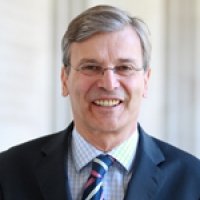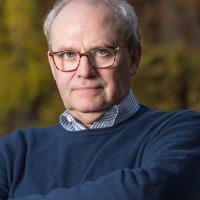"Making An Aquarium Out Of Fish Stew" Reforming Post-Communist Budapest

Gabor Demszky served as Mayor of Budapest between 1990 and 2010, being re-elected five times. As the longest serving mayor of a major European capital in recent decades, he oversaw the post-communist transformation of municipal management and of the city as a whole. While in office, he implemented major economic reforms, transforming public services and urban infrastructure. Demszky will draw from experience bringing the management of Budapest into a liberal, capitalist world to consider how cities handle uncertainties in budgetary planning. He will reflect upon effective policies that address the segregation of the Roma population and large social inequalities. Discussant Anders Åslund will speak about the major economic challenges Demszky faced during his tenure, while Sonia Hirt will place Demszky’s experiences within the context of broader urban trends during the post-socialist transition.
Speakers

Doctor of Law, Wissenschraftskolleg zu Berlin, Germany; Former Mayor of Budapest, 1990-2010

Hosted By

Urban Sustainability Laboratory
Since 1991, the Urban Sustainability Laboratory has advanced solutions to urban challenges—such as poverty, exclusion, insecurity, and environmental degradation—by promoting evidence-based research to support sustainable, equitable and peaceful cities. Read more


Global Europe Program
The Global Europe Program is focused on Europe’s capabilities, and how it engages on critical global issues. We investigate European approaches to critical global issues. We examine Europe’s relations with Russia and Eurasia, China and the Indo-Pacific, the Middle East and Africa. Our initiatives include “Ukraine in Europe”—an examination of what it will take to make Ukraine’s European future a reality. But we also examine the role of NATO, the European Union and the OSCE, Europe’s energy security, transatlantic trade disputes, and challenges to democracy. The Global Europe Program’s staff, scholars-in-residence, and Global Fellows participate in seminars, policy study groups, and international conferences to provide analytical recommendations to policy makers and the media. Read more
